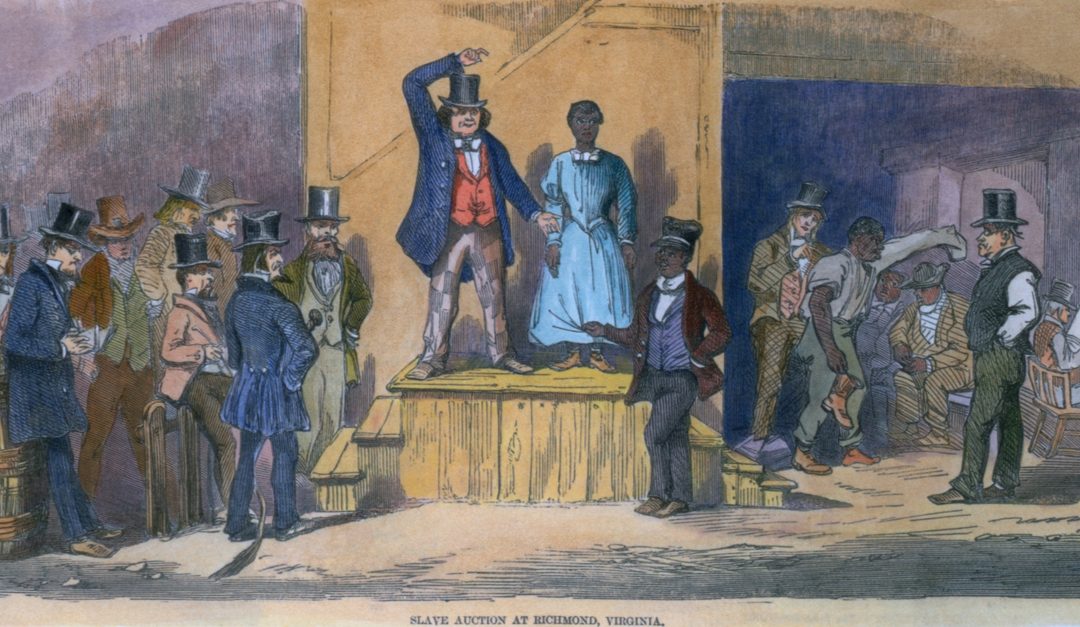
400 Years After Slavery, No More Band-Aids
It’s time to heal the deep wounds of racism — not only to ensure equity for African Americans, but for our entire economy.

It’s time to heal the deep wounds of racism — not only to ensure equity for African Americans, but for our entire economy.

Juneteenth was supposed to mark the end of a horrific era of oppression, but racial inequality remains rampant. These 10 policy proposals could change that.
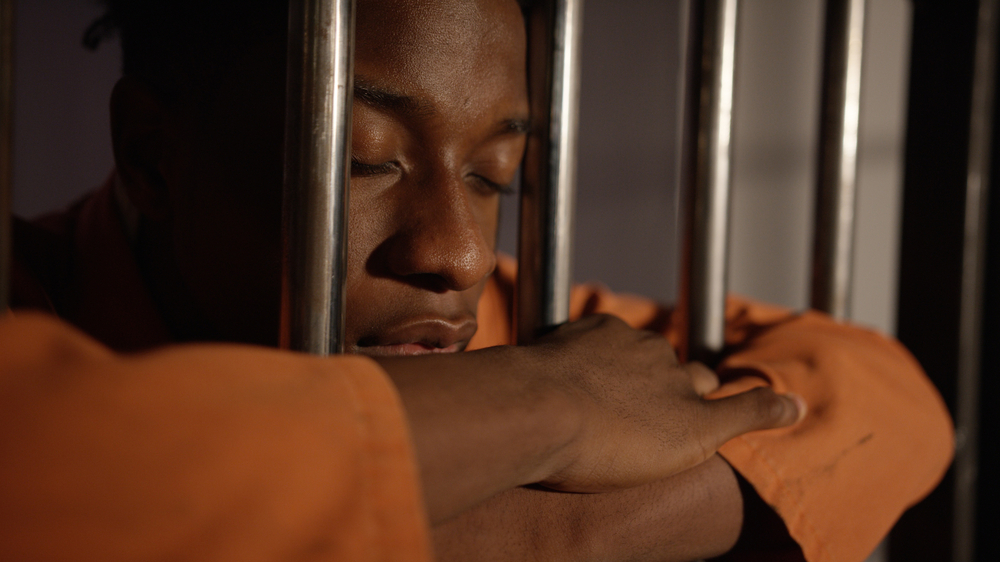
Juneteenth marks the end of slavery in America. But with over 2 million of us behind bars, has it really ended — or just transformed?
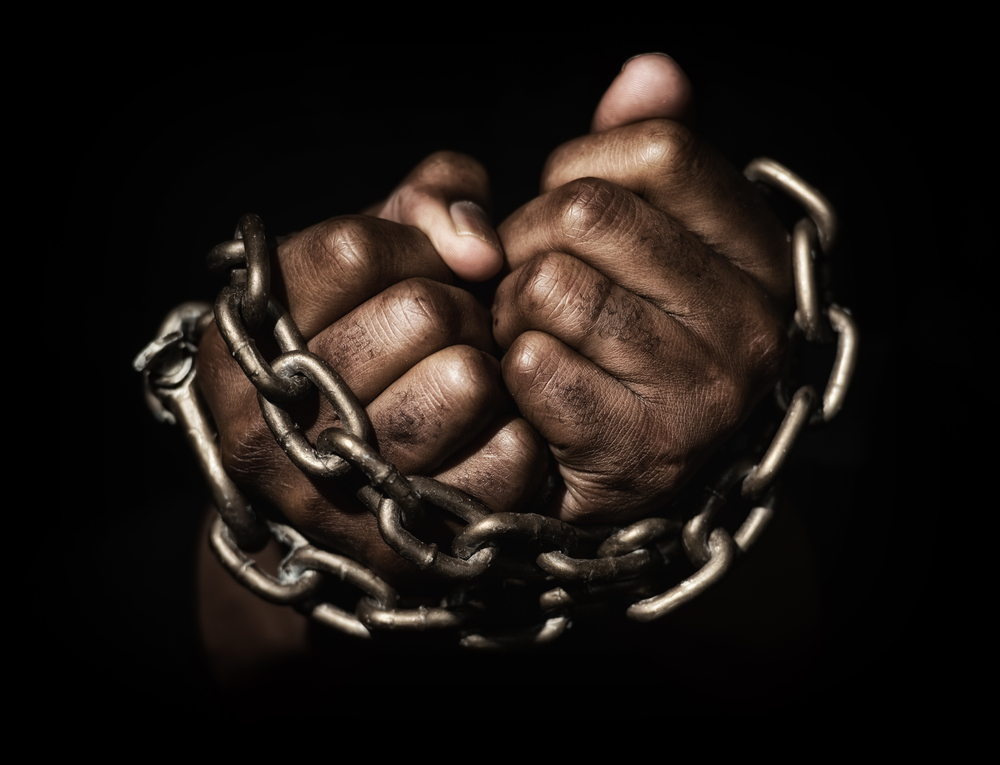
Men who imagined brilliant new freedoms failed to imagine them for enslaved Americans. That means we have to be revolutionary today.

New research shows that if the growing racial wealth divide is left unchecked, median Black and Latino families will become penniless within a few decades. It doesn’t have to be this way.

A tax on concentrated would have a positive impact on the economy for everyone, reducing the racialized, distorting impact of concentrated wealth.

Simple genealogy searches don’t work for people whose ancestors were treated like property. But some new tools could help.
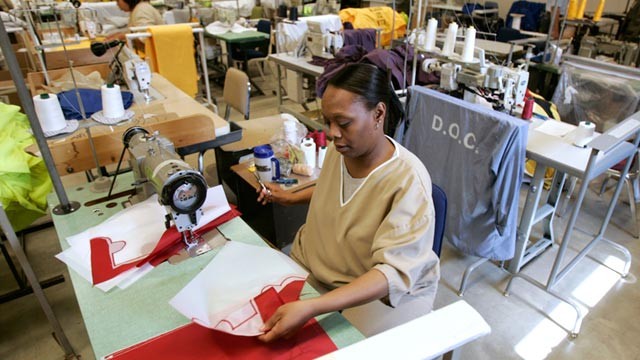
The American prison system is a massive — if invisible — part of our economy and social fabric.

Slavery still shapes our society.
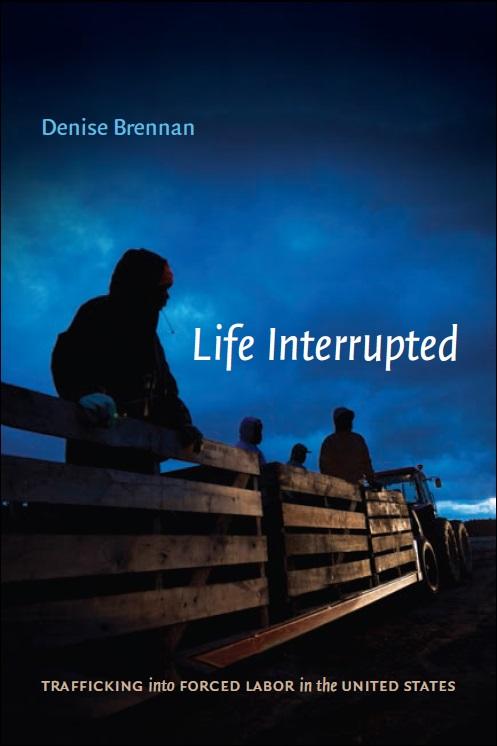
IPS’ Break The Chain Campaign and Teaching for Change Bookstore will host Denise Brennan author of a new book on trafficking into forced labor in the united states.
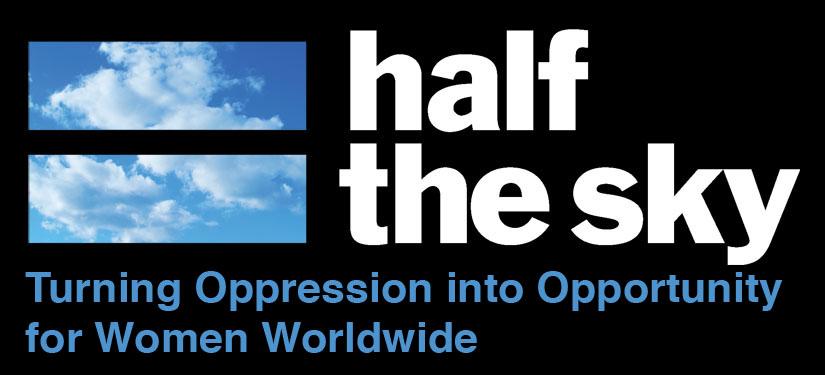
Join us for a film in a series about “Turning Oppression into Opportunity for Women Worldwide”, with a post screening panel featuring IPS’ Advocacy Director for Break The Chain projec, Tiffany Williams.

Migrant workers are the slaves of the modern world.
Join Break the Chain Campaign’s Tiffany Williams as she presents “Working with Immigrant Survivors of Human Trafficking” at the Catholic University School of Social Work’s day-long conference on Human Trafficking. She will present the context and challenges facing service providers and some best practices for their work during the afternoon breakout sessions.
Join panelists who will address the hidden forms of trafficking for economic exploitation, which include domestic servitude, agricultural work, fishing industries, and forced begging. Let’s learn from their experiences and discuss the gendered, politicized dimensions of this modern day form of human slavery.
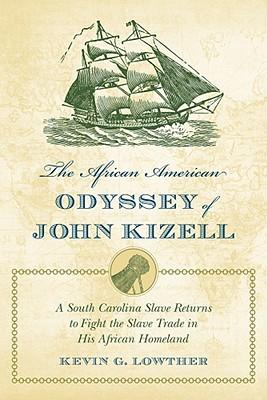
The Institute for Policy Studies’ Foreign Policy in Focus project and Teaching for Change present a book signing and discussion of The African American Odyssey of John Kizell, by Kevin Lowther. In this biography, Lowther discusses African complicity in the slave trade and examines how it may have contributed to Sierra Leone’s latter-day struggles as an independent state. The African American Odyssey of John Kizell illustrates the life of Kizell, a West African enslaved in South Carolina that escaped and fought on the side of the British during the Revolutionary War.